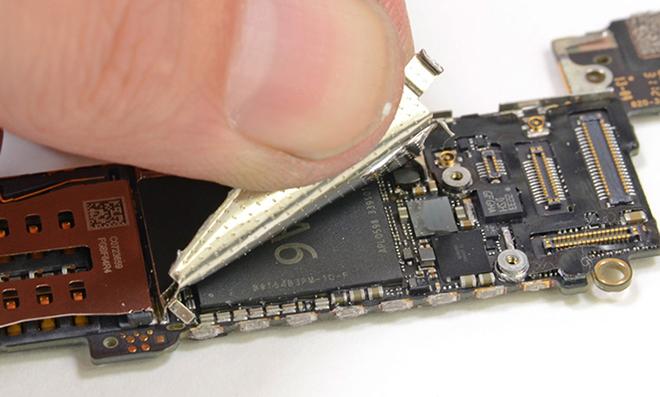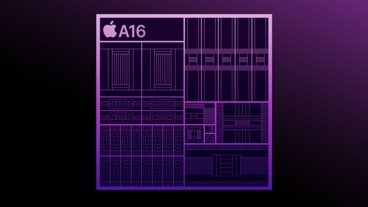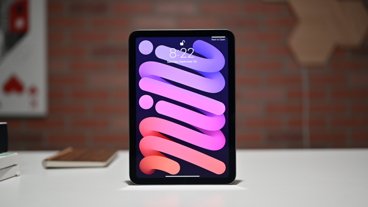A report from the Far East on Sunday claims Apple will go back to smartphone rival Samsung for production of its next-generation iOS device processors, with ramp-up and deployment scheduled for 2015.
Citing industry sources, The Korea Economic Daily reports that Apple will once again look to Samsung for its chipmaking needs in 2015, when the Korean company will use its 14 nanometer process to produce the Apple-designed "A9" system on a chip (SoC). The silicon will power Apple's "iPhone 7," the publication said.
Sunday's rumor contradicts somewhat a Wall Street Journal report that claimed Apple had signed a deal with Taiwan Semiconductor Manufacturing Co. (TSMC) to produce its next-generation A-series chips that will power future iOS devices. The TSMC-built SoCs, to be called A7 and A8 if Apple continues its current naming scheme, will be based on a 20nm process and are set for mass fabrication sometime in 2014.
Discussions of an Apple partnership with TSMC date back to 2010, though a number of technical and financial hang ups blocked a deal from happening.
Technology once again seems to be a limiting factor for TSMC, as Samsung allegedly won back the 2015 contract with its 14nm FinFET, or mutli-gate, chip architecture. It is unknown why Apple supposedly opted to go with Samsung, as TSMC is also said to be applying a 20nm FinFET process for the next-gen A7 chips, though yield rates and scalability could be factors in the decision. It is also possible that Apple has signed contracts with both companies for a more diversified supply chain, much like its dealings with partner manufacturers Foxconn and Pegatron.
Apple is seen to be actively distancing itself from Samsung as the battle for worldwide smartphone dominance rages. Cupertino has been reliant on the Korean firm as a parts supplier for a number of years, sourcing displays, components, and using the company's foundries for chip fabrication since 2007. Relations soured, however, after Samsung released a lineup of devices very similar to Apple's iPhone and iPad in 2010.
The two tech giants are now embroiled in a worldwide patent dispute that in 2012 saw a California jury level a $1.05 billion verdict against Samsung after it found the Galaxy maker to be in infringement of Apple's patents. That case, along with numerous others, are still in appeals and regulatory courts around the globe.
 Mikey Campbell
Mikey Campbell







-m.jpg)






 William Gallagher
William Gallagher
 Amber Neely
Amber Neely
 Andrew Orr
Andrew Orr
 Wesley Hilliard
Wesley Hilliard

 Oliver Haslam
Oliver Haslam
 Christine McKee
Christine McKee









38 Comments
I don't believe this sensational report one bit. There's more evidence Apple plans to produce their own chips, than there is for this.
The Korea Economic Daily reports that?!! LOL ;)
2015 iPhone and iPad? Screw next year's model speculation, let's jump to 2015 instead!
A9 in 2015!?!? Are they going right to A7 in September? No 6X I guess. A7 with iOS 7 :)
I'd expect Samsung to come out with something like this even if it wasn't true.